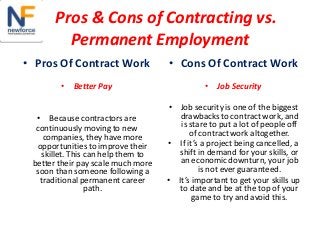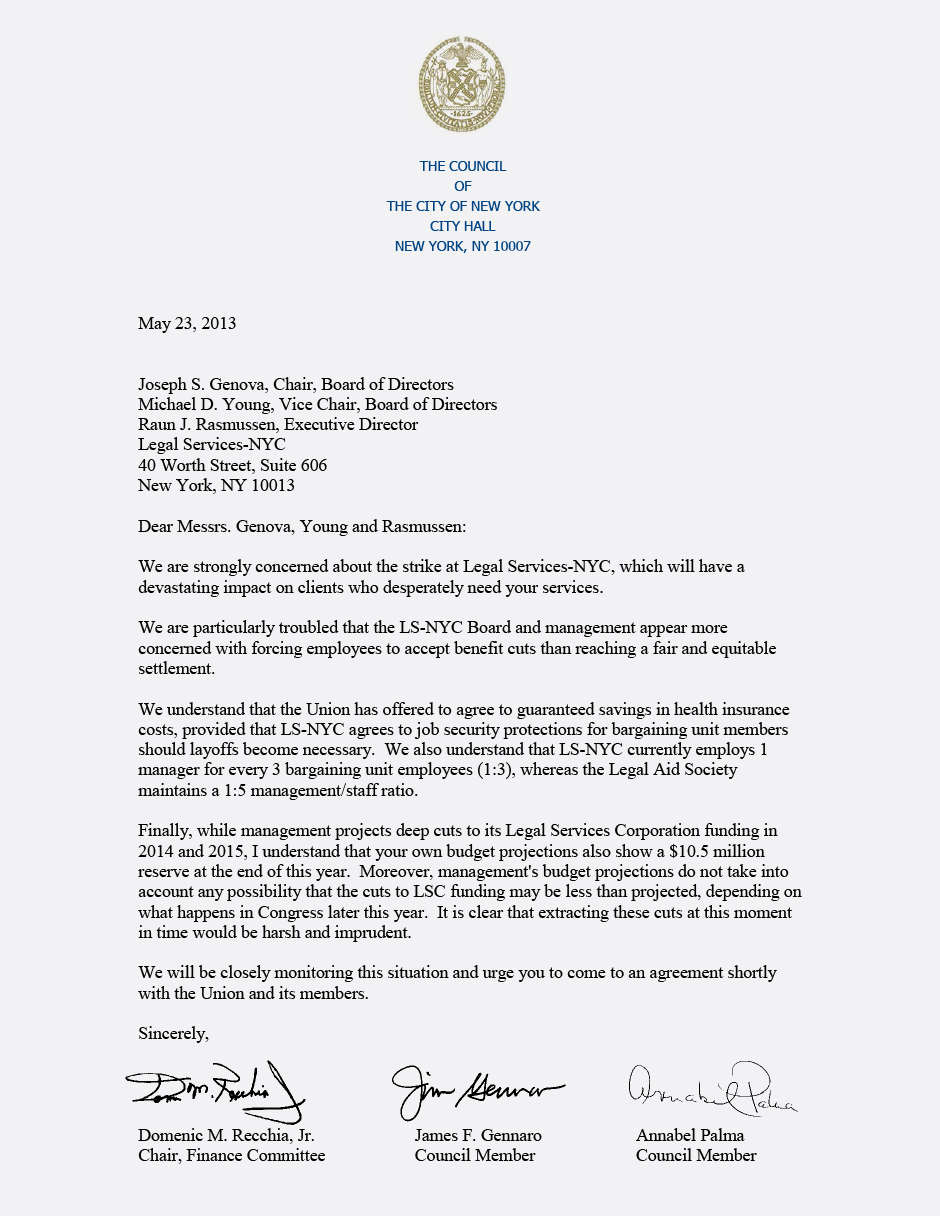
The public sector consists of many services and organizations that perform public functions. It is also known by the name "the state sector". We will define and describe the functions of this public sector. We will also discuss the problems facing public sector change leaders and organizations. These challenges can be overcome in this article.
Defining the public sector
The variety of public sectors makes it difficult to define the public industry. The IIA clarifies the concept by declaring it government, publicly-controlled agencies, and publicly funded enterprises (PFEs), as well any organizations that provide public services, goods, and programs. The guidance is based upon specific criteria that define the public or private sectors and for classifying organizations.
Private companies, on the other hand, are profit-oriented and compete for consumer dollars. They are commonly organized as partnerships, sole proprietorships, or limited companies. The public sector, on the other side, has the power to make laws or enforce policies. These policies could have an effect on the economy and individuals as well as international relations.

Public sector functions
The public sector performs a wide range of functions that benefit the community. For example, public utilities provide essential services like electricity. In addition, public transportation facilities provide a variety of transportation options. Many social services also follow a public sector model. These include food banks, health care, and public housing.
Public sector agencies also provide analytical functions. They are able to allow us compare the activities of public sector agencies with those of private and third-sector. This allows us to compare state activities across space and highlight distinctive patterns and operating procedures.
Challenges for public-sector change leaders
Leaders in the UK face many challenges as the public sector experiences significant changes. These include meeting citizens' demands, driving inclusive economic growth and managing the effects of the UK's exit from the European Union. The following three drivers can be identified from a close examination of current trends.
Financial pressures: Leaders in the public service have been concerned about funding and finances for years. While the government strives to increase efficiency and productivity, it must also protect resources and maintain a workforce. A recent GSCU delegate survey revealed that finance and funding are the main challenges facing public sector leaders who want to make positive changes. Management and recruitment are also issues.

Public-sector Organizations Face Challenges
Public sector organizations face many challenges today. Unmet customer demand, staff shortages, employee stress, and burnout are just a few of the many challenges facing public sector organizations today. These challenges can make it difficult for public sector leaders to build a positive working environment and retain talented staff. A low tax base in the public sector can make it difficult to maintain promised service levels.
Technology solutions help public sector organisations modernize their systems, while keeping the data that is locked up in legacy systems secure. Cloud-based software like Office365 is now available to public sector organizations. This allows them to offer their employees collaboration tools previously unavailable. These solutions can be customized to suit individual needs and are far cheaper than rebuilding old on-premises systems. These solutions can also be tailored to individual needs, making it easier for public servants and others to offer more personalized and intelligent experiences to their constituents.
FAQ
Consulting is it a job?
Consulting is not only a good entry-level job for people looking to make quick money.
There are many opportunities for consulting, including project management, strategy, training and leadership. You might find yourself working on projects ranging from small start-ups to large-scale international corporations.
Consulting provides you with the opportunity to develop and hone your skills, as well as gain experience within a range of industries. This could include learning how to manage teams, write proposals, manage budgets and analyze data.
What is the difference in a consultant and advisor?
A consultant provides advice on a topic. A consultant provides solutions to problems.
A consultant works directly with clients to help them achieve their goals. An advisor advises clients indirectly through books, magazines, lectures, seminars, etc.
What happens when the consultant finishes his job?
After the consultant completes his/her work, the final report will be submitted detailing the findings of their work. This report includes the deliverables and project timelines.
Then, you'll review the report and decide whether the consultant met your expectations. If you are not satisfied with the consultant's report, you have the option to ask for modifications or to terminate your contract.
Why should consultants be hired?
There are many factors that could lead to you hiring consultants.
-
You may have a problem or project that your organization needs to solve.
-
You want to improve or learn new skills.
-
You'd like to work in conjunction with an expert in a specific field
-
No one else is available to take on the task.
-
You feel overwhelmed by all the information and don’t know where to begin.
-
You can't afford full-time employment
Word of mouth is the best way to find a great consultant. Ask your friends and family if they know of any reliable consultants. Ask someone you already know to recommend a consultant.
You can use online directories such as LinkedIn to find consultants in your local area.
Are you a qualified consultant?
The best way to become an expert on any subject is by studying the subject thoroughly and then practicing what you have learned.
Start studying today if you want the skills to be a great manager!
If you have a degree but no relevant experience, you may struggle to get hired. However, if you can demonstrate that you've studied the same subjects as those who got the jobs, you could still apply.
Employers will always seek out candidates who have real-world experience.
How do I get clients for my consultancy business?
The first step is to find an area you are passionate about. This could be social media or public relations. However, it must be something that you are passionate about. You might have to start small, such as by finding niche markets like web design. Once you find the right niche, it is important to know what makes it tick. What problems can it solve? What problems can it solve? What are the benefits?
You can also contact businesses directly.
If all else fails why not offer your services to free events like conferences and networking evenings? This will allow you to meet potential customers without the need for advertising and also allows you to showcase your skills.
How long does a consultant take?
It depends on the industry and your background. Most people begin their journey with less than a month before finding work.
Some consultants work for years to perfect their skills, before being hired.
Statistics
- Over 50% of consultants get their first consulting client through a referral from their network. (consultingsuccess.com)
- According to IBISWorld, revenues in the consulting industry will exceed $261 billion in 2020. (nerdwallet.com)
- 67% of consultants start their consulting businesses after quitting their jobs, while 33% start while they're still at their jobs. (consultingsuccess.com)
- According to statistics from the ONS, the UK has around 300,000 consultants, of which around 63,000 professionals work as management consultants. (consultancy.uk)
- "From there, I told them my rates were going up 25%, this is the new hourly rate, and every single one of them said 'done, fine.' (nerdwallet.com)
External Links
How To
How do you find a good advisor?
Finding a great consultant starts with understanding your expectations. Do you want them helping you improve your website's performance or not? Do you need them to optimize your site so that it ranks higher in search engines' results? Maybe you want someone to check on your current hosting provider and tell you if it is in need of improvement. Once you know what type of services you need, you should start looking at different companies. Many consultants claim that they can offer these services. But only a small percentage of them are able to deliver. How do I choose one? Here are some things to consider when picking a consultant:
-
Get referrals. This is the best method to find a consultant. Hire someone you don't know because they're likely to charge too much. However, you shouldn't work with someone with poor reputations. If you have the good fortune to get referrals from trusted people, great! Even if you don’t have any referrals, you can still look online for reviews. Look for testimonials and case studies where clients have used your service.
-
Ask around. Many people are unaware that hiring a consultant could make a difference. They believe that because they're doing well, they don’t need to make any changes. This is often false. Even if results are good, there is a chance you haven’t been keeping up-to-date with new trends and technologies. Your business could be missing out if it relies on outdated methods. Ask around to find a qualified consultant.
-
Verify their qualifications. You need to verify their qualifications when you are searching for a consultant. You must ensure they have the necessary skills and qualifications to carry out the tasks.
-
Find out the type of projects they specialize. Although it might seem like everyone can do everything, this is not true. Some areas require specialized training and education. A developer who is a specialist in Drupal would not be able to help you build a WordPress theme. Graphic design and programming languages are all subject to the same rules. Ask what projects they usually work on.
-
Find out what their charges are. As we stated, you don’t want to pay too little for a consultant. But you also don't want to pay too little either. Consultants come in all shapes and sizes. Some charge hourly rates while others bill per project. This will help you save money in the long-term.
-
What do they offer? Do they offer free consultations? Are they willing to give advice about how to set up your own system or provide other assistance? Are they able to guarantee that your site will rank better after working with you? If you don’t like the information you receive during your consultation, you can cancel it without penalty.
-
Also, ask if discounts are available for multiple months and years. Many consultants offer discounted pricing for extended time periods. Even though you do not necessarily have to commit to a whole year of service, you might still be able to benefit from any specials they offer.